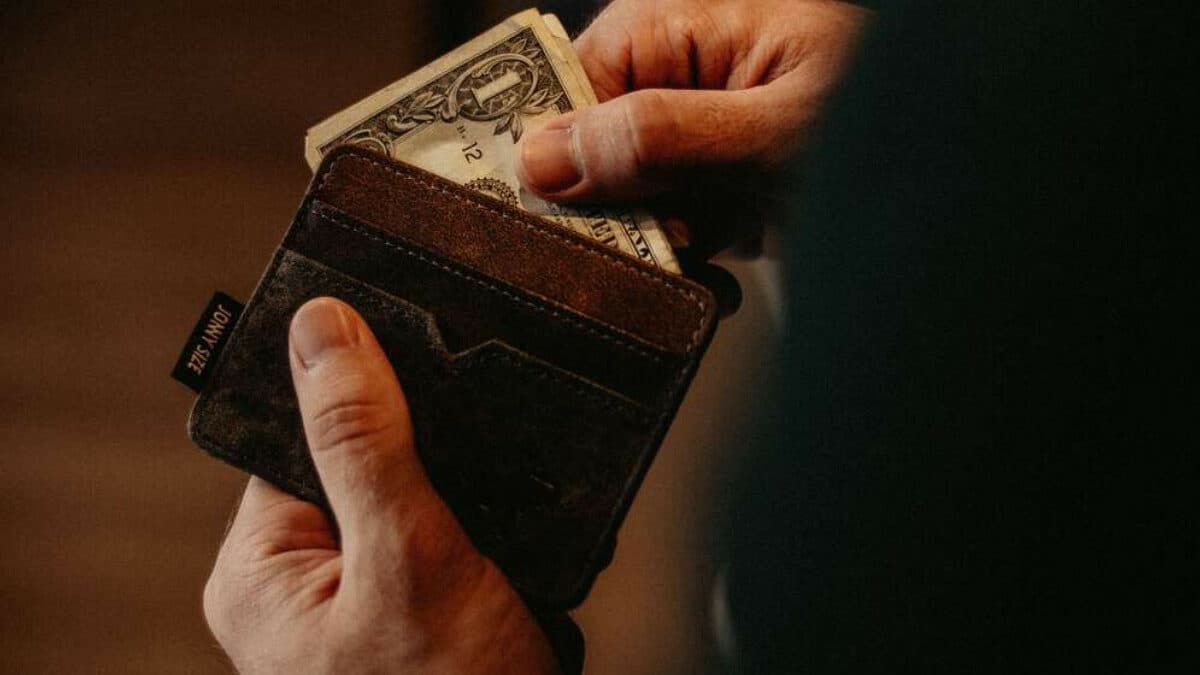It’s getting close to the end of the fiscal year, which can only mean one thing: it’s almost time to file your tax return. And we’re here with more information to assist you and your business in every way we can.
While most businesses may use a registered tax professional to file their tax returns, we know that some people (particularly sole traders) prefer to do it themselves. So, if you try it yourself, we recommend checking out the ATO guide to assist you.
The Australian Taxation Office (ATO) has released a small business tax time toolkit to assist small businesses and tax advisors in correctly completing their income tax returns.
ATO Assistant Commissioner Andrew Watson reminded small businesses to include all income, including earnings from ‘side hustles’. “Almost half of the 1.9 million sole traders also have non-business income, like salary and wages or income from investments, so make sure to double-check you’ve included it all before you lodge. Don’t fall into the trap of leaving out non-business income thinking we won’t notice.”
“Small businesses should include all income in their income tax return, including cash, coupons, EFTPOS, online, credit or debit card transactions, and income from platforms such as PayPal, WeChat or Alipay.”
What to include in your business’s assessable income
Include the following in your assessable income calculation:
- All gross income (before tax) from your regular business activities, including internet sales, sales income (cash and electronic), and foreign income
- The gross income does not include the goods and services tax (GST).
- All other business revenue that is not generated by your regular business activities, such as changes in the value of trading shares, capital gains, isolated profit-making transactions, and cash rewards for your company
Suppose your business receives cash payments for goods or services, in the form of all your cash earnings, income earned through coupons, vouchers or gift cards, income your business deposited into a mortgage or personal credit card or bank interest, dividends, franking credits. In that case, you must declare them as assessable income.
What to exclude from your business’s assessable income
For income tax reasons, not all payments you receive are taxable. You do not have to include an amount in your tax return if it is not assessable income.
The following are not assessable: betting and winning at gambling (unless you operate a betting or gambling business). Earnings from a hobby, gifts, or inheritance GST you have collected non-assessable non-exempt government grants, prizes and awards unrelated to your business money you have borrowed.
The ATO also reminded small businesses (including sole traders) in the building and construction, courier, cleaning, information technology, road freight, security, and investigation or surveillance industries that payment information is provided to the ATO through the taxable payments reporting system.
“For sole traders, this will be available as pre-fill in your tax returns, whether you are using a registered tax agent or doing it yourself. Just remember, it’s important to cross-check your records against the payment information pre-filled by the ATO before lodging to ensure it is complete and accurate,” Mr Watson said.
The ATO has also reminded businesses that most government payments or financial support received due to COVID-19 must be included as taxable income. In contrast, some others are exempt and should not be included. The ATO has detailed information listing how all support payments should be treated on its website.
Deductions
On deductions, Mr Watson reminded businesses to only claim what they are entitled to and that their business structure affects their entitlements and obligations. How sole traders, partnerships, trusts, and companies claim deductions are often different.
There are three golden rules for what the ATO accepts as a valid business deduction:
Click here to know about the weird and wacky things you can claim on your tax return.
- The expense must have been for your business, not for private use
- If the expense is for a mix of business and personal service, you can only claim the portion that is used for your business
“Don’t forget, eligible businesses can claim an immediate deduction for the business portion of the cost of an asset in the year the asset is first used or installed ready for use”, Mr Watson said.
If your home has been your main place of business (for example, if you relocated your base of operation from an office to your home because of COVID-19), you can claim deductions for the portion of expenses related to running your business.
“It may be tempting to over-claim a deduction for your business, but it’s not worth the risk. Make sure you are eligible, only claim the business portion of expenses, and keep complete and accurate records to provide appropriate evidence for any deductions you plan to claim.”
Lodgement deadlines
Mr Watson reminded small businesses who lodge their tax returns that they must lodge by 31 October. “But if you have a registered tax agent, you will have more time to prepare and lodge. Ensure you are on the books with your tax agent before 31 October, so we know you are not planning to lodge your return”.
Disclaimer: Dynamic Business does not provide tax, legal or accounting advice. This article has been prepared for informational purposes only by our contributor and should not be relied on solely for tax, legal, or accounting purposes. You are strongly encouraged to consult your advisors to determine how the information may relate to you or the specifics of your business.
Keep up to date with our stories on LinkedIn, Twitter, Facebook and Instagram.

